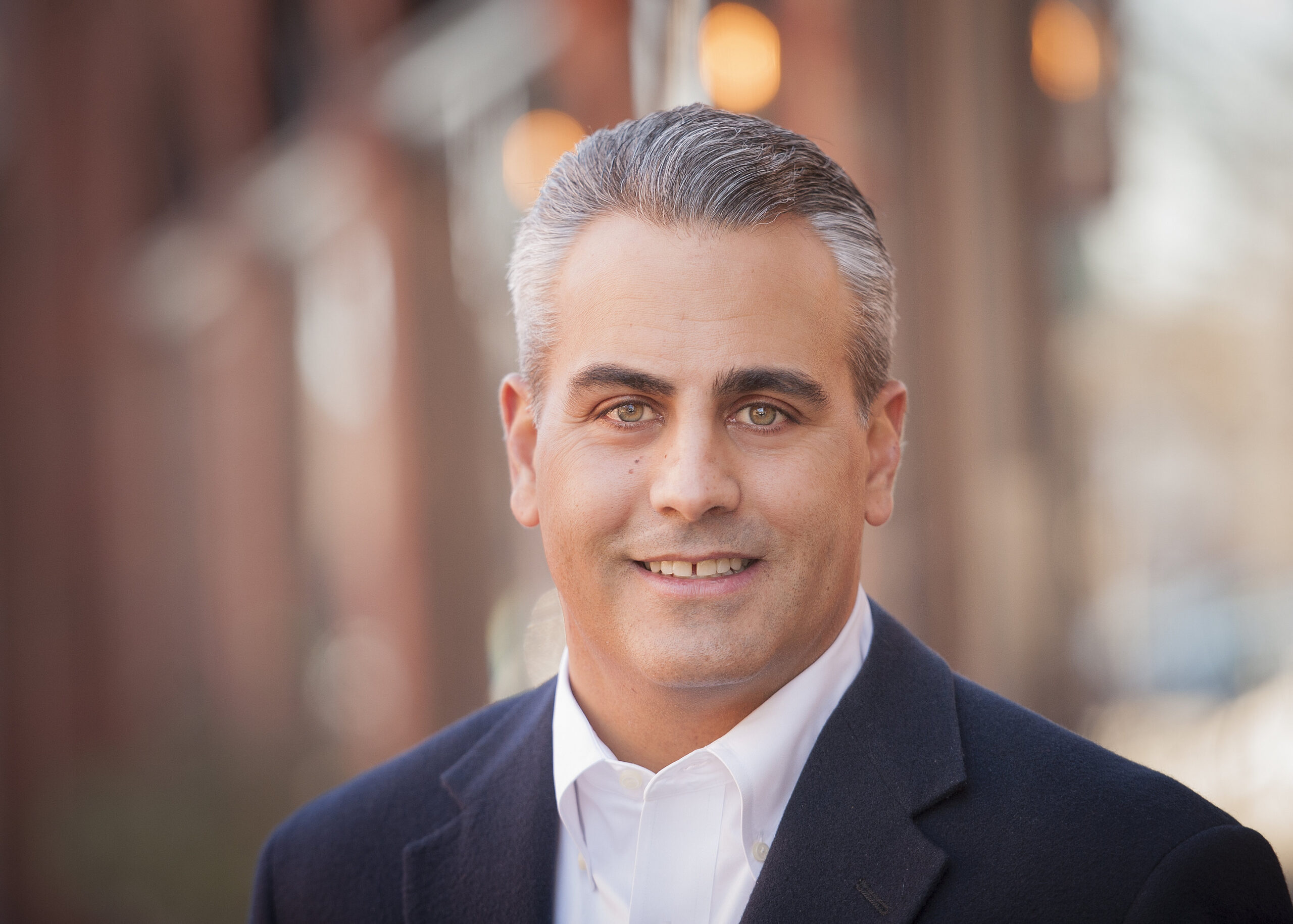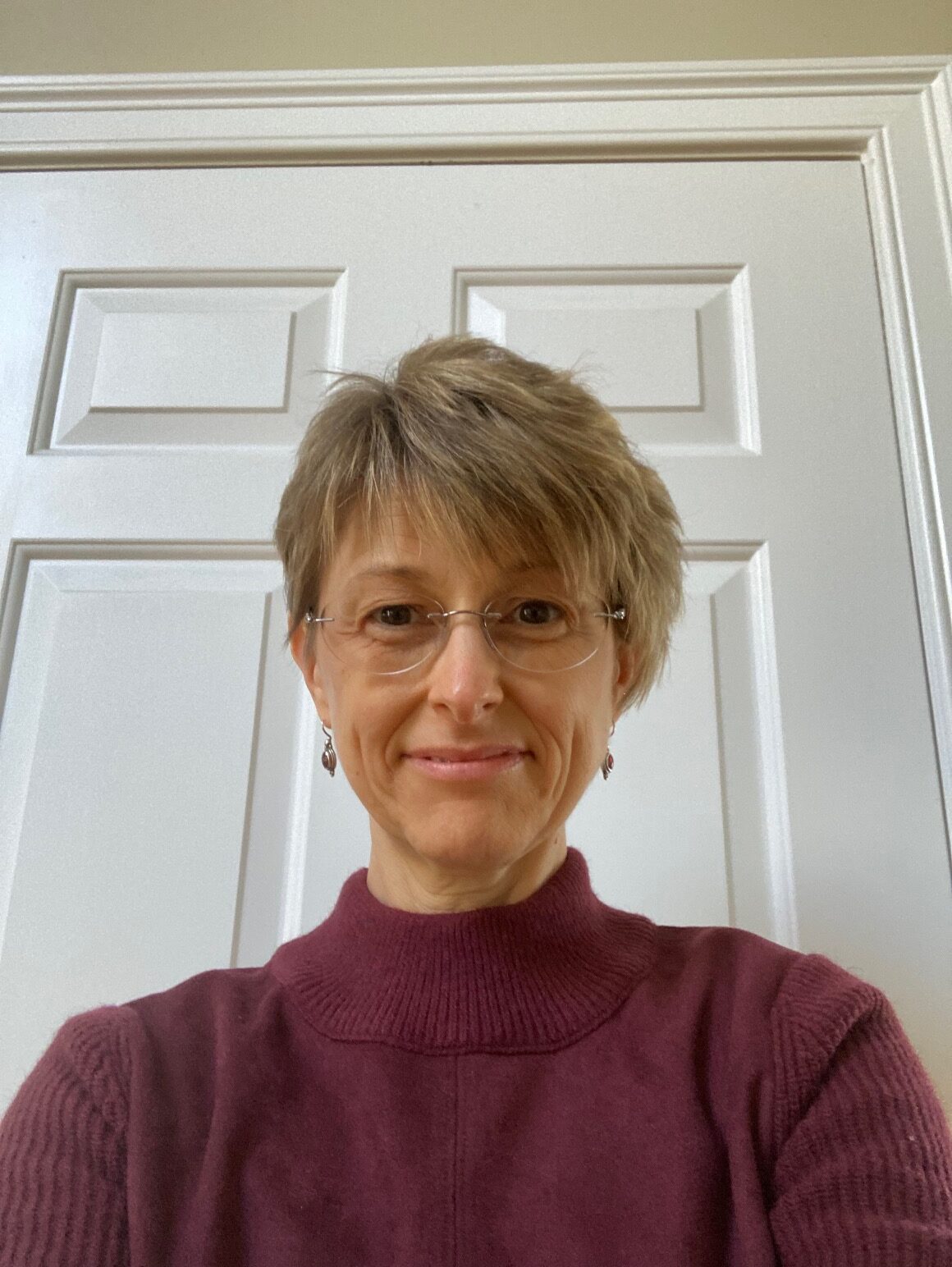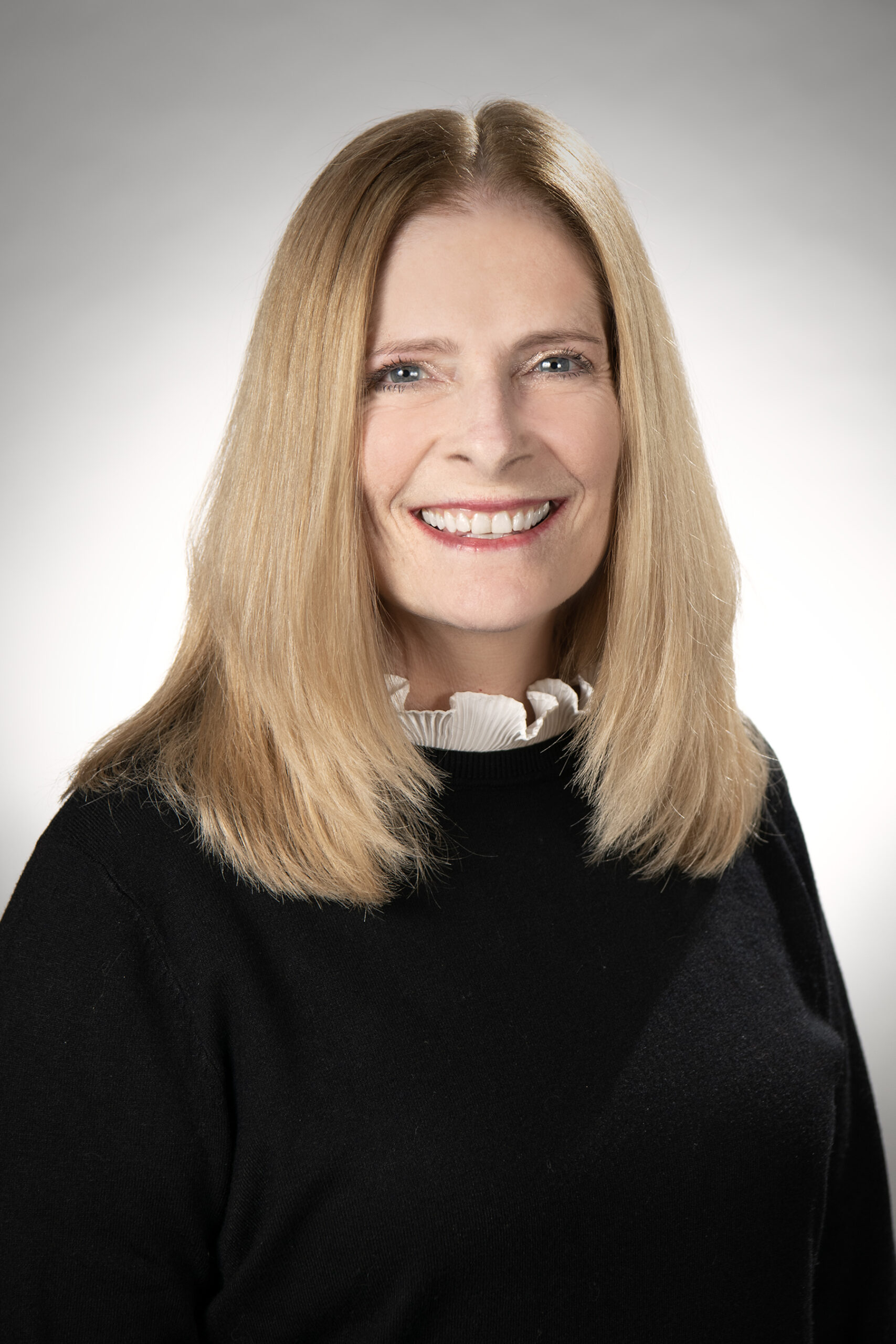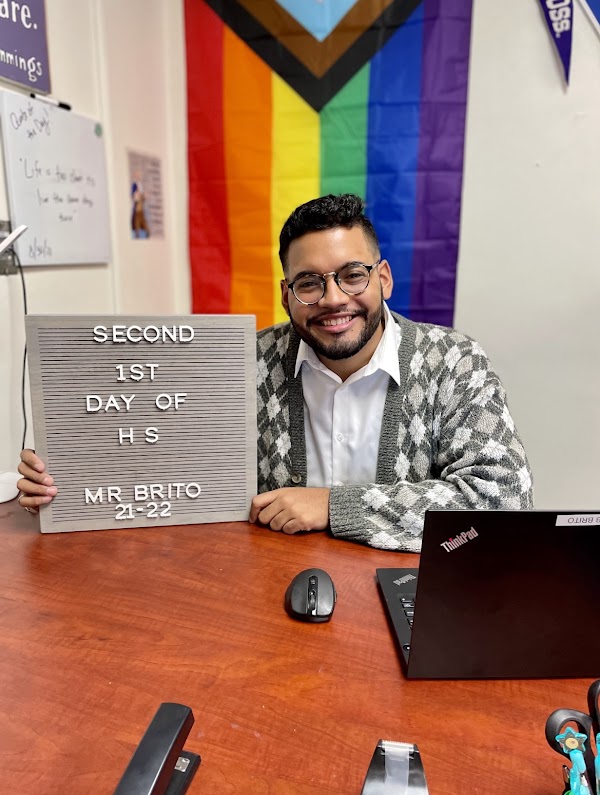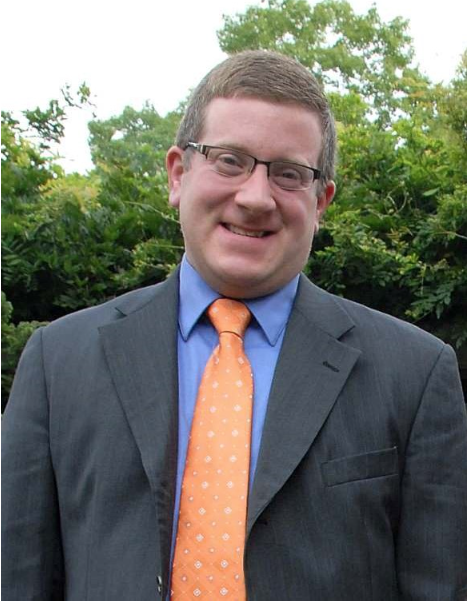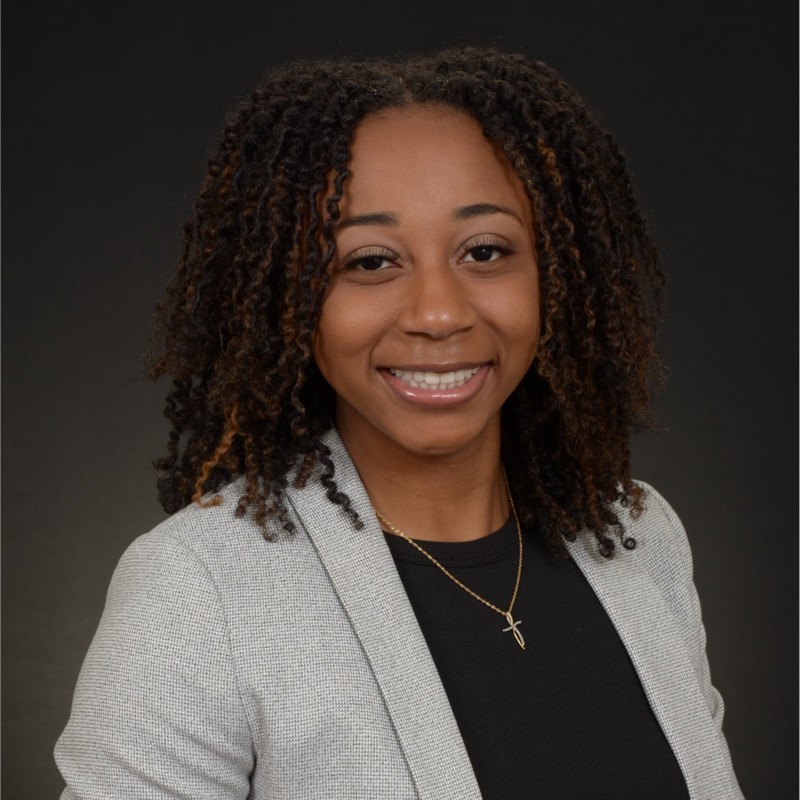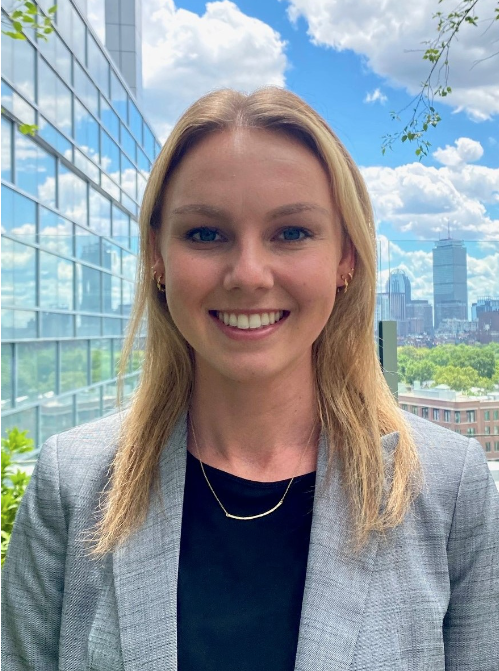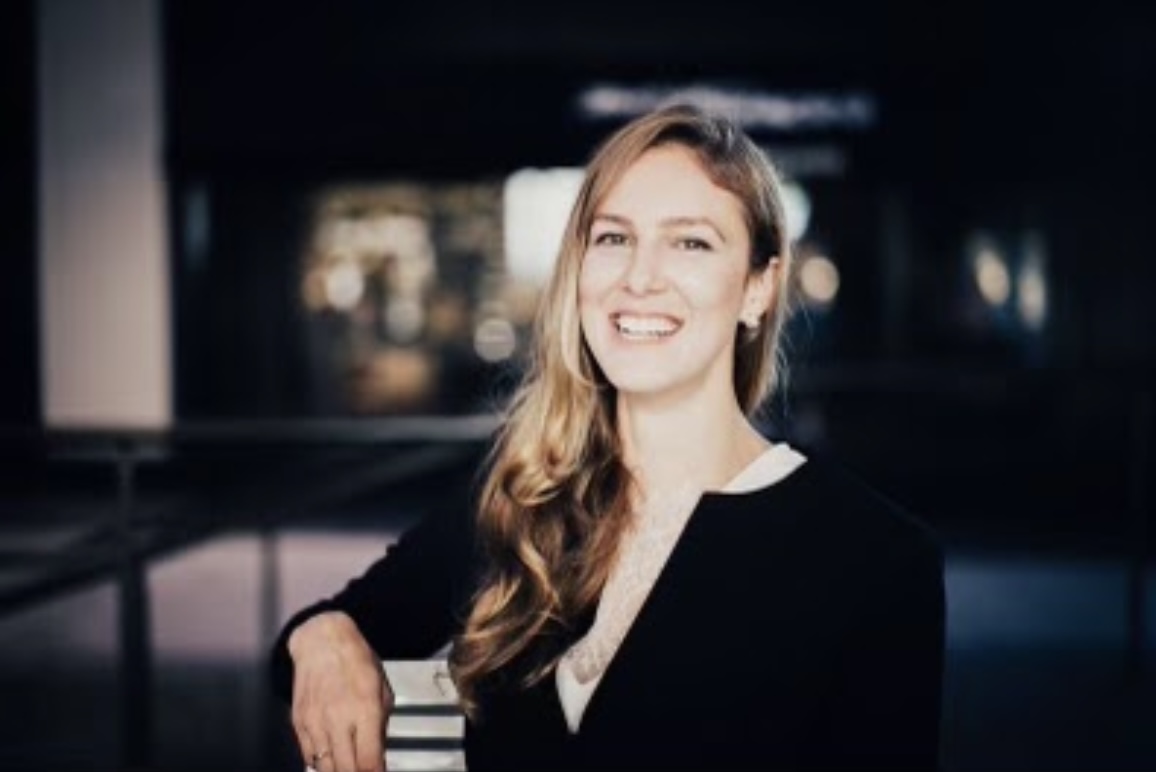
Name: Claire Luke
Class Year: 2010
Title: Program Officer
Organization Name: The U.S. Department of State
1. In one sentence, what does your job entail?
I manage or co-manage the State Department’s 40 federal grant awards globally that strengthen rights for workers.
2. What planned and unplanned events connected you to your industry and your first employer after Holy Cross? How did you learn/decide it was a good fit for you?
My career is a result of natural progression of following my passions and purpose. I was a journalist through my 20s, living in various countries and in DC reporting on international development, human rights- specifically labor rights- and shining light on abuses along supply chains. At HC, I knew I wanted to pursue the path of international affairs and journalism and acquire different experiences in various countries that would build a strong foundation of knowledge to then parlay into higher level policy and programming. My internship in NBC’s political unit during the Washington Semester program taught me I was interested in more global vs domestic reporting, and more socio-political vs traditionally political. I used the HC alumni network to help build journalism contacts, and while stringing for the Boston Globe in Boston I was accepted to work as a journalist abroad for the principal newspaper in Cambodia, opening the door to a journey of intense and immersive learning at the grassroots level in the international and communication fields! After further reporting in Nicaragua, Burma and Eastern Europe, primarily on labor rights, I then gravitated away from reporting on labor rights and working on a deeper level to address them directly through programming. Graduate school in DC allowed me to hone in more to technical assistance programming and labor expertise, resulting in working with the World Bank, UN, social enterprises focusing on labor rights and supply chains, and ultimately to my current role (and dream job!) with the State Department, where I promote labor rights in accordance with US democratic principles to the most marginalized workers most egregiously exploited in the global trade system in the most challenging of operating environments around the world.
There was a bit of trial by error in the first steps of this journey. After HC graduation, I wanted to try living in Boston to be near networks, and worked at a PR firm found through networking. While I loved the city, the work itself was meaningless and shallow to me, and I realized that I did not wish to spend another day of this finite life without devoting my skills, passion and life force to mission-oriented service work, the global epicenter of which lies in DC. This was an invaluable lesson- to listen to the gut more than anything and not fake or force; I believe we all have our gifts that align with our purpose and shouldn’t have to ‘fake it til you make it’ to any unsettling extent.
3. What were you involved in when you were on campus?
Cross country and track; dance team; Philosophy Student Advisory Committee; writing and editing for two newspapers (Crusader and Advocate) and the HC Office of Public Affairs; Washington Semester program; Kenya study abroad program; tour guide, Appalachia Spring Break program, Manresa; Summer Internship Program (financial journalism in NYC)
4. What was your major and how did it affect your career decisions?
Philosophy major (focus on political and ethical) and peace and conflict studies, which was the closest thing at the time to international affairs!
I initially wanted to study journalism, but am ultimately glad we received the well rounded liberal arts education that served as a fantastic foundation in the field of journalism, the technical skills and mechanics of which one can learn through the job but the deep understanding of political and economic structures came through the HC education.
The social justice and service-oriented mission and drive to make any sort of footprint of positive change that translates to real people and their lives on any significant scale that flourished at HC definitely translated into my career journey and current role. And spiritually, upholding the dignity, value and rights of each and every human life and worker who are the backbone of the global supply chain that I do in my work now is rooted in my faith that was able to exist alongside my studies at HC.
I say if you can think well, you can do anything! Philosophy honed our skills in writing, debating, logic, dissecting arguments, deciphering fact vs fiction, and contemplating the structures behind what we see. HC’s excellent philosophy department, especially Professor Lawrence Cahoone as advisor on my DC thesis on ethics of humanitarian intervention who encouraged me to pursue this path, and Prof Maria Granik who served as an example of a strong, brilliant woman in political philosophy, fundamentally enriched my journey.
For political science, Professor Judith Chubb was strongly instrumental in leading an interest into international development! The Kenya study abroad program she developed was my first time traveling abroad, was an immersive awakening to poverty, and gave students a structural understanding of social injustice on the global scale. Profs Maria Rodriguez and Cass Loren also fed the interest in international economies, development and inequality.
5. What are one or two skills that you developed at Holy Cross that you use in your work?
The awareness of inequalities and pursuit of ensuring the human aspect and rights of every person are recognized and represented at the highest levels possible.
Strong writing skills and presenting information thoughtfully, initiative in thinking beyond what is presented but proposing ideas out of the proverbial box.
Also, Spanish! I kept up with language courses at HC and use the Spanish in my work on Latin America.
From my HC track and cross country coach- that there are no shortcuts to hard work. That you want to ultimately be proud of the person you see in the mirror. That playing small doesn’t serve anyone and to lead by example. That teamwork is important, as is respecting different ideas and everyone has something to say. To not waste energy on overthinking events in anxiety but be present.
6. What advice do you have for students on campus today?
Get involved in as much as you can while you have the rich exposure to multidisciplinary resources in order to help hone down your interests. This is your time to explore and intentionally form your identity and future possibilities! Have fun and enjoy these four years and don’t be afraid to play around with interests in trial by error. Remember to follow your heart and think about how you want to use this life in accordance with your skills and interests versus what other people may think. Know that there are many options for non-traditional career paths and that you can indeed make a stable, lucrative career out of helping others. For women especially- to not over-compromise or over-accommodate to others in your pursuits as an individual.


